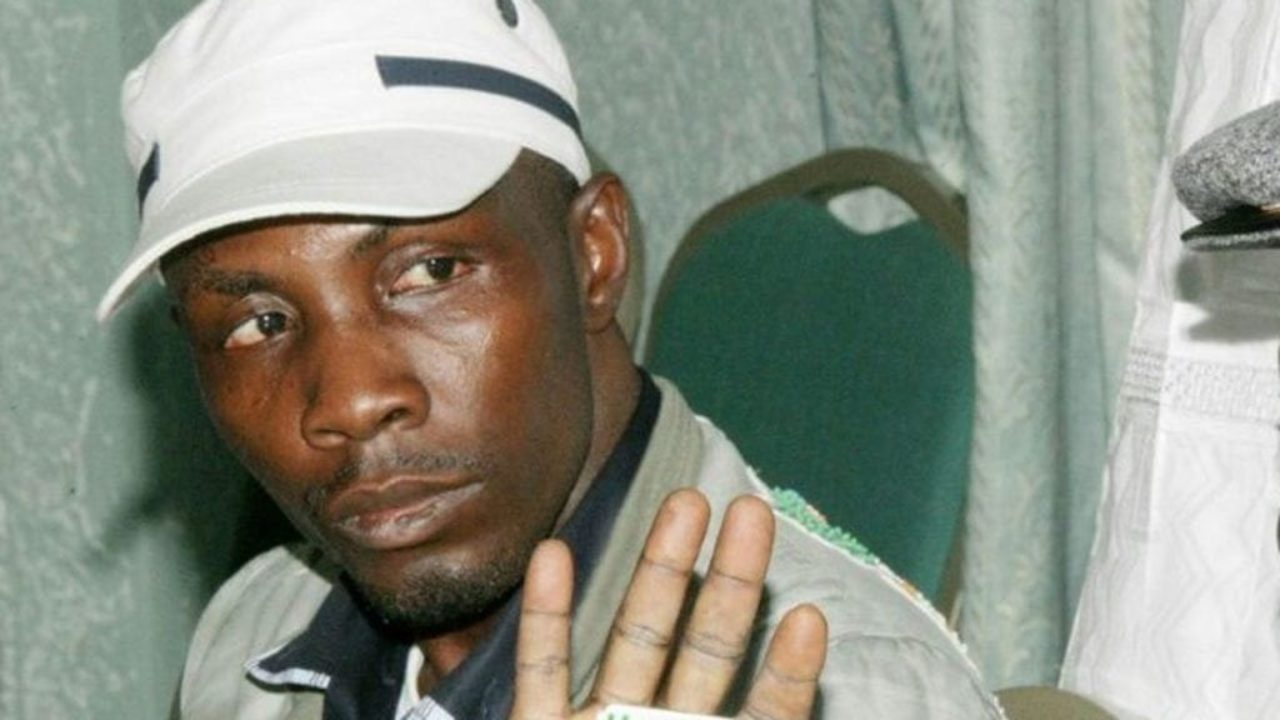Politics
Uneasy calm as ex-militants jostle for pipeline surveillance contract | The Guardian Nigeria News

Scheming to have a slice of the Federal Government’s contract to secure pipelines is unsettling former Niger-Delta militants as they await the government’s decision, which may reduce tension or renew hostilities in the region, GODWIN IJEDIOGOR reports.
As Nigerians await federal government’s decision on the pipeline surveillance, following the expiration of the controversial yearly N48b contract awarded to the former leader of the dreaded Movement for the Emancipation of the Niger Delta (MEND), Chief Government Ekpemupolo, aka Tompolo, in August last year, there are renewed agitations and calls for the contract to be modified and decentralised to accommodate other ex-agitators/militants.
Specifically, there is uneasy calm in the Niger Delta, as some ex-militants are also awaiting government’s decision on the vexed issue before deciding on the next moves to make.
The contract, covering oil producing communities in Bayelsa, Delta, Imo, Ondo, and Rivers states, had pitched Tompolo against his fellow ex-militants/agitators in the Niger Delta struggle, who wanted and still want a slice of the cake, including the leader of the defunct Niger Delta Peoples Volunteer Force (NDPVF), Mujahideen Asari-Dokubo; Ateke Tom; Ebikabowei Victor Ben (aka Boyloaf); Bibopere Ajube (aka Shoot-at-Sight) and others.
Decentralisation of the contract, proponents believe, will ensure sustainable peace, reduce the activities of artisan refineries that negatively impact the environment and forestall crude theft in the oil-rich region.
The Group Chief Executive Officer of the Nigerian National Petroleum Company (NNPC) Limited, Mr. Mele Kyari, had in August last year, justified government’s decision to award the multi-billion-naira contract to Tantita Security Services, owned by Tompolo.
But aside from the ex-militants and others, even Rivers State Governor, Siminalayi Fubara had criticised the Federal Government for awarding the pipeline protection contract to ‘one man,’ saying the strategy would not yield the expected results, as an individual cannot have control over the assets in another’s territory.
Speaking in August this year when a federal government delegation on the security of oil and gas assets, led by the National Security Adviser (NSA), Mallam Nuhu Ribadu, visited him at the Government House, Port Harcourt, Fubara advised the delegation to engage the people at the grassroots to better appreciate the situation in the region.
He stated: “Security of the pipeline should not be given to one man or one person. How can someone from Kalabari be controlling the pipeline in Ogoni? There is no way it will work. We must look at bringing all the key people in the various communities.”
But, President of Ijaw National Congress (INC), Prof. Benjamin Okaba, recalled that surveillance of pipelines is the statutory responsibility of the security agencies, especially the Nigerian Navy, who are trained and paid to carry out that responsibility with Nigerian taxpayers’ money.
He told The Guardian that over the years, however, it has been realised that there are compromises here and there, which have had negative effect on the environment and economy; hence non-state actors were engaged.
Okaba said following the engagement of non-state actors, there have been significant changes in the volumes of crude now officially declared as being produced by the country, enabling Nigeria to meet up with its quota of oil exportation from time to time, which was a major challenge in the past, as well as a significant reduction in crude oil theft.
He noted: “There is a saying that if there is a winning team, you sustain it! However, we cannot be averse to the cry or views of several ex- militants, who significantly are not saying they should cancel the contract, but that they should be included; they are only asking for inclusiveness. What they are against is the idea of awarding the whole contract to just one person in a business they feel they too can participate in and execute very well.
“They might be right; they might be wrong. Wrong in the sense that it is a business venture and if the government is transparent enough to place the bidding for the job in the public space and allow many persons to offer themselves and whoever is/are considered most competent is/are given the job, there is nothing bad.
“I suggest that there should be a re-think, in the sense that if possible, all or most of the ex-militants or ex-agitators should be brought under a particular umbrella. It cannot be all of them; they have hierarchy, a command structure, so only their leaders should be involved and chosen to do what and what.”
The university don said he has also over the years interacted with the ex-militants: “They are not saying, ‘give us the contract;’ they are saying, ‘if you have taken the contract, then sub-let those in our areas to us. We are also leaders in our territories.’
This, according to the don, is not a big deal, explaining that many of them had come to complain to him. “They might cry very loud, but at the bottom are very minor issues that could be resolved easily.”
The Ijaw leader only supports a return of the responsibility of pipeline surveillance or protection to security agents if there’s a guarantee that they will function properly and responsibly. He claimed that in the past, they have failed monumentally, with losses from such failure so enormous.
“We saw vessels the size of three football fields carrying stolen crude from one point to another in the open glare of these security personnel. How do you stop it when the primary intention of some people there is to accumulate wealth? It has eaten deep into the psyche and blood strain of these individuals, who see it not as a privilege, but as a right.”
With corruption endemic in the system, and for as long as non-state actors are working hard and doing what is expected of them, Okaba stressed the need for government to allow them to continue with the surveillance contract in the economic interest of the country.
Similarly, environmental justice activist and Executive Director of Youths and Environmental Advocacy Centre (YEAC-Nigeria), Fyneface Dumnamene Fyneface, said the agitation across the Niger Delta to decentralise and accommodate other ex-militants is a genuine one.
He recalled: “Right from when the contract was awarded to only Tompolo, I complained as an activist in the region, that you cannot give a pipeline surveillance contract to one person in another state and another community and expect him to oversee the entire process.
“I thought that the Federal Government would have called all of them to a round-table, discuss with them, decentralise the process, share the spheres/areas and award the contracts in such a way that in their various domains, they will be able to manage the people under them that are into crude oil theft and artisanal refineries (kpo-fire) that contribute to pollution of the Niger Delta. That would have been the best way to go about it.”
Fyneface counselled: “The best way forward is for all ex-agitators and all ex-militants in the region to be called to a round-table and allow those in Rivers State, for example, to take charge of their state and those in other states to take charge of pipelines in their territories.”
Tompolo’s supporters have consistently urged the government to ignore such calls, even as it lobbies to have the contract renewed. Citing his firm’s effectiveness in reducing pipeline vandalisation and crude oil theft since the contract was awarded to it, they advised the government not to yield to blackmail, expressing optimism that the contract would be renewed shortly.
The contract, awarded exclusively to Tompolo, was said to have been facilitated by former deputy senate president, Senator Ovie Omo-Agege, former minister of State for Petroleum Resources, Chief Timipre Sylva, and Mele Kyari in August last year.
For now, the lobbying has shifted to Abuja and all eyes are on the Presidency. Whatever the Federal Government decides to do will definitely impact the peace and order in the Niger Delta, and of course, the country’s economy.
Disclaimer: No copyright infringement intended. All rights and credits reserved to respective owner(s).
























